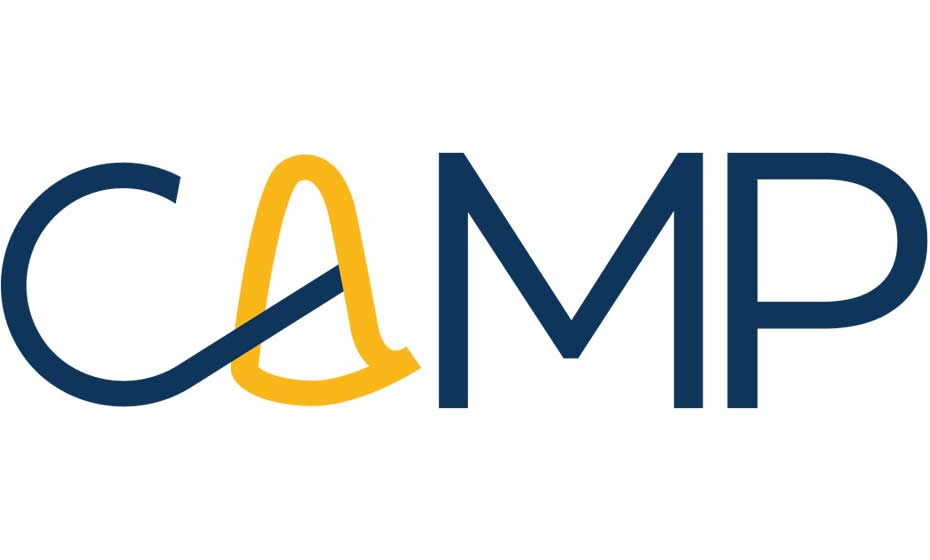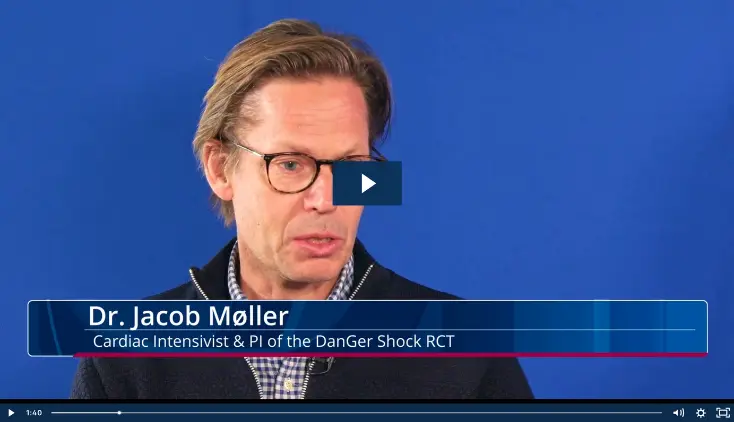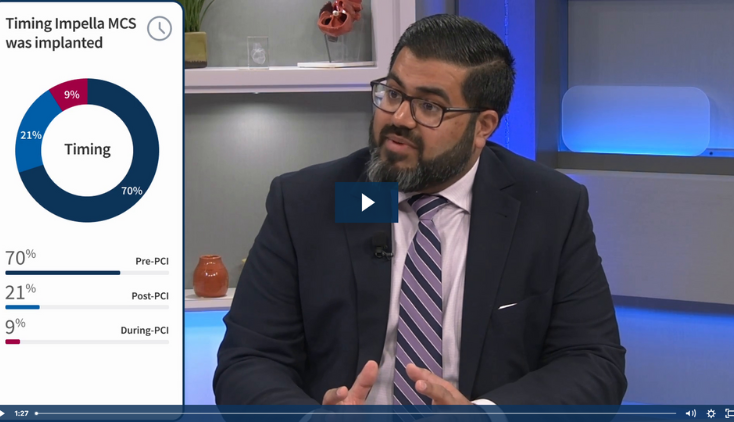Education Library
DanGer Shock Results from Dr. Jacob Møller at ACC 2024
Jacob Møller, MD, the principal investigator of the DanGer Shock trial, discusses study results he presented at ACC 2024.
All Posts

Subscribe for Our Healthcare Professional Newsletter
By subscribing you will receive our HeartRecovery newsletter for healthcare professionals with latest Impella® device news about recordings, interviews, upcoming and past events or clinical evidence.

A Community Created by Physicians for Physicians
CAMP PCI was developed by physicians for physicians in an effort to respond to a growing crisis in coronary artery disease and heart failure.
NPS-891













